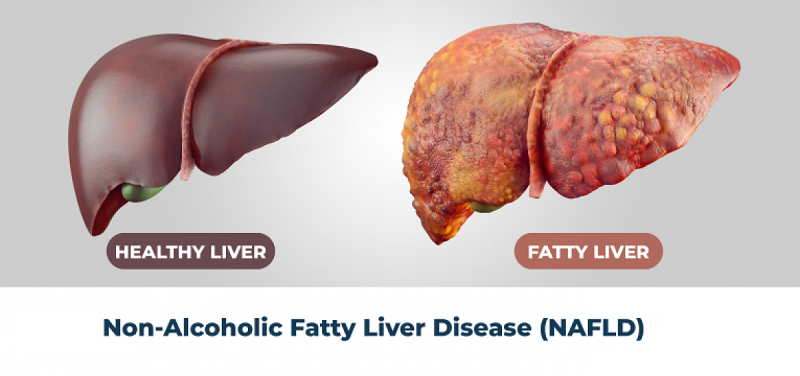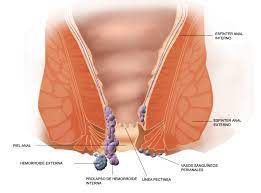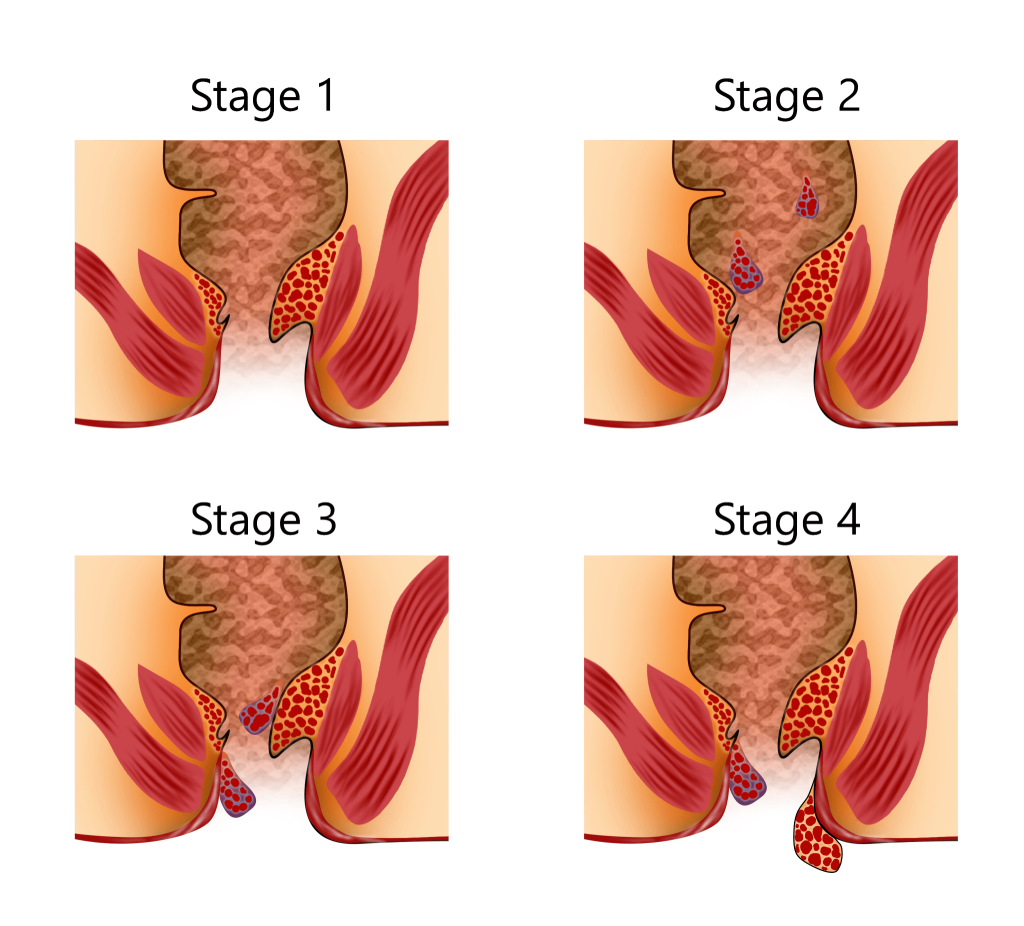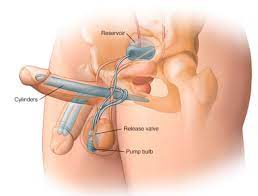All about Diabetes
Diabetes mellitus, often shortened to diabetes, is a chronic condition characterized by high blood sugar levels. While it may seem like a simple issue with sugar, the reality is far more complex. This article delves into the different types of diabetes, their causes, and the potential impact on your health.
The Insulin Connection:
Imagine your body as a busy city, and glucose (sugar) as the fuel that keeps everything running. Insulin acts like the traffic controller, ensuring glucose reaches its destination - the cells, where it's used for energy. In diabetes, this system malfunctions.
Types of Diabetes:
- Type 1 Diabetes: The body's immune system mistakenly attacks insulin-producing cells in the pancreas, leading to an absolute insulin deficiency. This type typically affects children and young adults.
- Type 2 Diabetes: The body either becomes resistant to insulin's effects or doesn't produce enough, resulting in relative insulin deficiency. This type is more common in adults and often linked to lifestyle factors like obesity and inactivity.
- Gestational Diabetes: This temporary form of diabetes develops during pregnancy due to hormonal changes and usually resolves after childbirth.
Symptoms and Complications:
Common signs of uncontrolled diabetes include increased thirst, frequent urination, fatigue, and blurred vision. Left unmanaged, it can lead to serious complications like heart disease, stroke, nerve damage, kidney disease, and vision loss.
Living with Diabetes:
While there's no cure for most types of diabetes, it can be effectively managed through a combination of:
- Healthy lifestyle: Maintaining a balanced diet, regular exercise, and a healthy weight are crucial.
- Medications: Insulin injections or oral medications may be needed to regulate blood sugar levels.
- Blood sugar monitoring: Regularly checking your blood sugar helps you understand your body's response and adjust your management plan accordingly.
Hope and Support:
Living with diabetes can be challenging, but you're not alone. Numerous resources and support groups are available to help you navigate this journey. Remember, early diagnosis, proper management, and a positive attitude can significantly improve your quality of life.
Additional Points to Consider:
- The risk factors for developing type 2 diabetes include genetics, family history, ethnicity, and certain medical conditions.
- Advancements in technology, like continuous glucose monitoring devices and insulin pumps, offer improved management options.
- Research on potential cures and treatments for diabetes is ongoing, offering hope for the future.
Remember: This article provides a basic overview. It's essential to consult with your healthcare provider for personalized advice and treatment plans specific to your individual needs.
Disclaimer: I am not a medical professional, and this article should not be taken as medical advice. Please consult with a qualified healthcare provider for diagnosis and treatment of any medical condition.




























